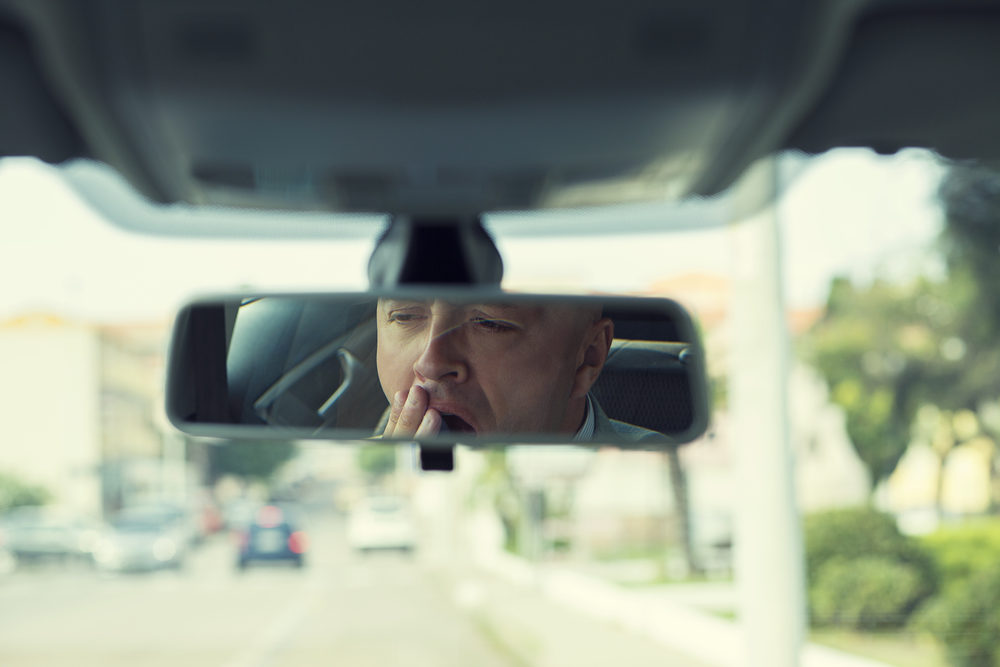You may have woken up a little bit more tired this morning thanks to “springing ahead” of clocks this past weekend. The return of Daylight-Savings Time (DST) gives us those extra daylight hours in the evening, but we often end up paying for it with some extra fatigue for the first few days or even weeks following the change. While DST aims to conserve energy and promote outdoor activities, research suggests that the transition associated with changing the clocks can have unintended consequences, including an increase in drowsy drivers on the road, leading to car accidents. If you’ve been injured in a crash, make sure to contact one of our Virginia Beach car accident lawyers for legal assistance.
Sleep Patterns
The sudden shift in time can cause disruptions to sleep patterns and circadian rhythms caused by the sudden shift in time. Studies have shown that the hour of lost sleep resulting from the transition into DST can lead to sleep deprivation and fatigue, which are known contributors to impaired driving performance.
Adjusting a new schedule can also disrupt our internal body clocks, leading to increased drowsiness, decreased alertness, and slower reaction times behind the wheel. This increased drowsiness, along with darker mornings, can significantly increase vehicle accidents and fatalities.
In one study, researchers examined data from 732,000 fatal crashes over a 20-year period. They found a 6 percent spike in fatal accidents in the U.S. following daylight saving time, with the most significant impact seen in the morning hours of the days immediately following the time change. After about a week, accidents returned to baseline levels.
“Falling Back” Can Be Dangerous Too
The impact of DST on car accidents is not limited to the spring transition; the fall transition out of DST can also have consequences for road safety. While the extra hour of sleep gained from the fall transition may mitigate some of the effects of sleep deprivation, research suggests that the disruption to sleep patterns and circadian rhythms can still contribute to increased drowsiness and fatigue behind the wheel. Additionally, the shorter daylight hours in the evening following the fall transition may lead to decreased visibility and increased risks of accidents during evening commutes.
Fatigued Drivers
Many drivers on the road are already sleep-deprived, and the time change compounds the problem – and that problem may be even more dangerous than we think. A study from the AAA Foundation for Traffic Safety found that the percentage of crashes involving sleep-deprived drivers is likely much higher than federal estimates indicate. The agency’s research shows that 16 to 21 percent of all police-reported fatal vehicle crashes likely involve drowsy driving.
The consequences of drowsy driving accidents can be severe and long-lasting. Injuries sustained in these accidents can range from minor cuts and bruises to more severe injuries such as broken bones, traumatic brain injuries, and spinal cord injuries. In some cases, drowsy driving accidents can result in permanent disabilities or fatalities, leaving individuals and their loved ones to cope with the emotional, physical, and financial repercussions.
In addition to the human toll, drowsy driving accidents also have significant economic costs. The NHTSA estimates that drowsy driving-related crashes result in over $12 billion in annual financial losses due to medical expenses, property damage, lost productivity, and legal fees.
Contact Our Personal Injury Law Firm Today
If you or a loved one has been injured in a car accident, contact a Virginia Beach car accident lawyer. The legal team at Shapiro, Washburn & Sharp is dedicated to helping injured clients obtain the compensation they deserve for their medical bills, lost income, and other losses their injuries have caused. Our legal team will work diligently to make sure you get the financial justice the law allows, like the $235,000 car accident insurance settlement we obtained for one client who suffered multiple injuries when another driver failed to yield the right of way.
For your convenience, we have offices in Virginia Beach, Norfolk, Hampton, Portsmouth, and Chesapeake.
